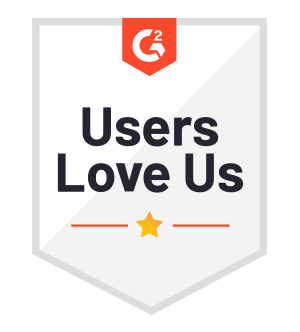Cloud Devotee
Let’s declare right here what we all know to be true: Without a decent corporate phone system, businesses would go belly-up. An efficient, fool-proof phone system keeps the wheels spinning and business moving right along. Following in at a close second are the computers at CivilGEO, without which we couldn’t create the software that we sell. It’s a close second, but it is still second. This point underlines how important phone systems are to a business. We have clients around the world and employees around the world as well. I am frequently on the go with only my mobile in tow. Where do you go if you are trying to serve international clients with a work force that is remote and globally dispersed? You head for the clouds!
A Brief History of Business Phone Systems
Business phone systems have come a long way. The beginnings of most modern set-ups, however, started with the concept of the private branch exchange (PBX). A PBX is essentially a phone switching system that is based in the organization itself, allowing multiple phone lines and extensions to function within the office and interconnect while sharing connections to a publicly operated telephone network. A PBX originally used a manual switchboard manned by a telephone operator and used analog technology, but modern systems are largely remote and digital. The term PBX is now applied to a diverse and complex range of business-centric telephony switching systems.
PBX systems began to evolve with the advent of “packet switching,” or the process of grouping transmitted data into “packets” to be shared for additional communication applications. The method has resulted in higher levels of network efficiency and greater information access. Companies began by using packet-switched systems for moving data; this method was later used for telephone calls. Combined with the possibilities provided by the Internet for moving information on a global scale, the switch to voice communication via Internet Protocol or VoIP was inevitable. Now we have the IP-PBX. Hosted PBX systems can come in a variety of configurations and set-ups and these systems can be offered over a standard public switched telephone network or the Internet. CivilGEO opts for the internet, specifically a cloud-based communication solution.
High (and communicating) on a Cloud
I am already a cloud devotee on so many different levels. The potential to elevate CivilGEO’s engineering software products with cloud-based computing capabilities was clear to me early on. Users of our software use a private cloud server to compute the large-scale watershed delineation quickly for their projects. Accessing the cloud for CivilGEO’s communication needs was an obvious development. One company out there that met our needs for cloud-based communication is 8×8.
Using a cloud-based VoIP PBX system is a winning solution. For example, we still have one central number that allows clients to get in touch with us here in the USA. But, here’s the catch: our employees are everywhere, some are in Europe, others Asia and some here in the USA. 8×8’s extension dialing makes geographic distances completely irrelevant; to the client in search of quick technical assistance, there are no delays or awkward transfers. It is as if all our offices (in reality dispersed around the globe) were next to each other down one corridor. Because communicating with several different employees is seamless and without hiccup, the client gets the information he or she needs without difficulty or inconvenience.
My Office and I
Our employees can access each other using a variety of systems, be it an old-fashioned telephone, a cellular device, or tablet. If I am traveling with only my cell with me, a call to my extension rings on my cell and all other devices, a feature 8×8 likes to describe as “taking your office with you.” This isn’t a system of forwarded calls, rather the mobile phone itself functions as a gateway to our network. If I need to call an employee, I merely press an extension number on the mobile and we are directly connected. This makes it quick and easy to collaborate with staff. The other notable bonus is that did not have to spend loads of cash on hardware. Prior to our contract with 8×8, we had a set of Polycom IP desk and conference phones and these turned out to be compatible with 8×8’s cloud infrastructure. The opportunities we have for easy video conference calling and other forms of business collaboration are many.
“Beam me Up, Scotty!”
A reference to the cult classic “Star Trek” was inevitable. But, shifting business computational and telephonic responsibility to the cloud means we are operating at an entirely different level, one that benefits our clients and our staff.





















